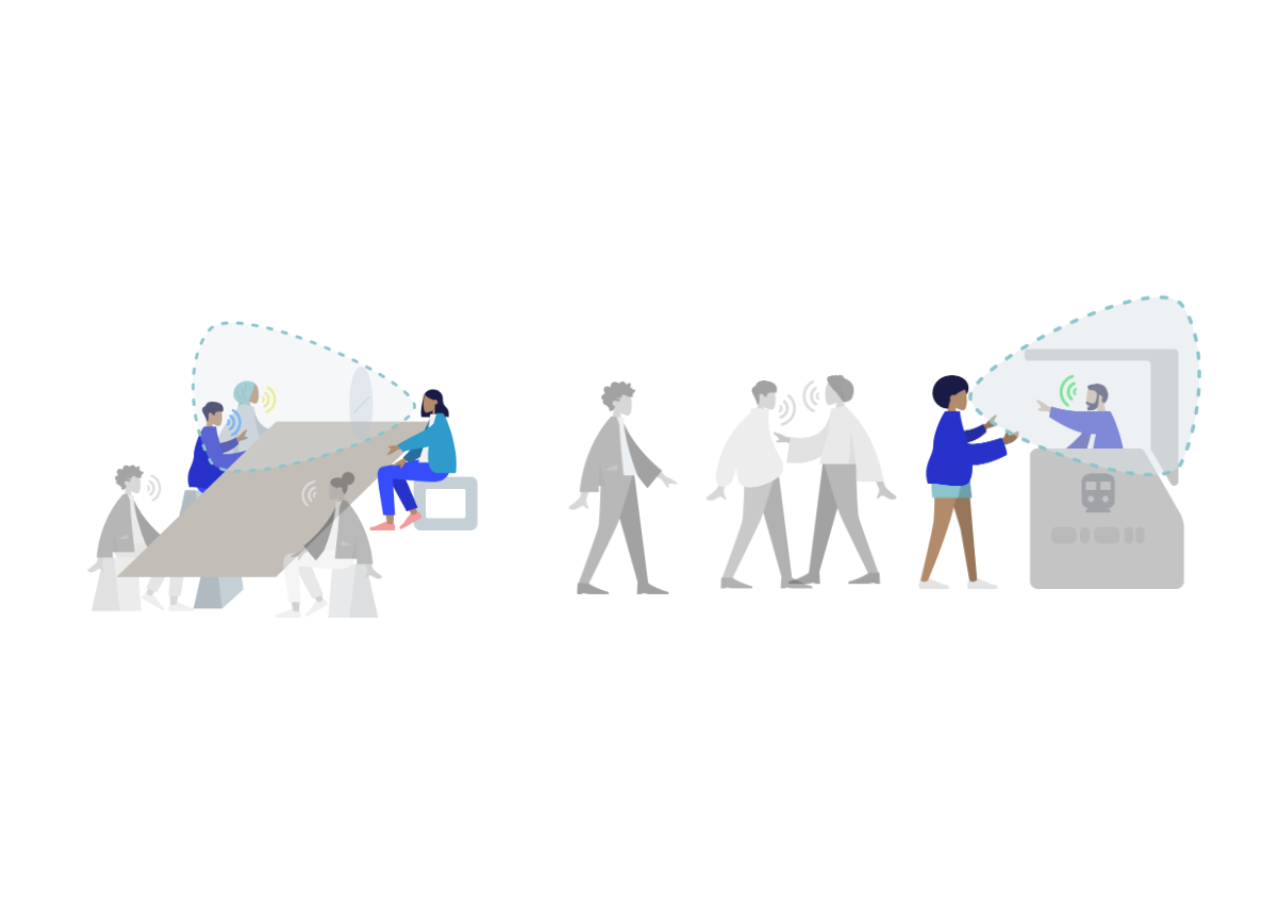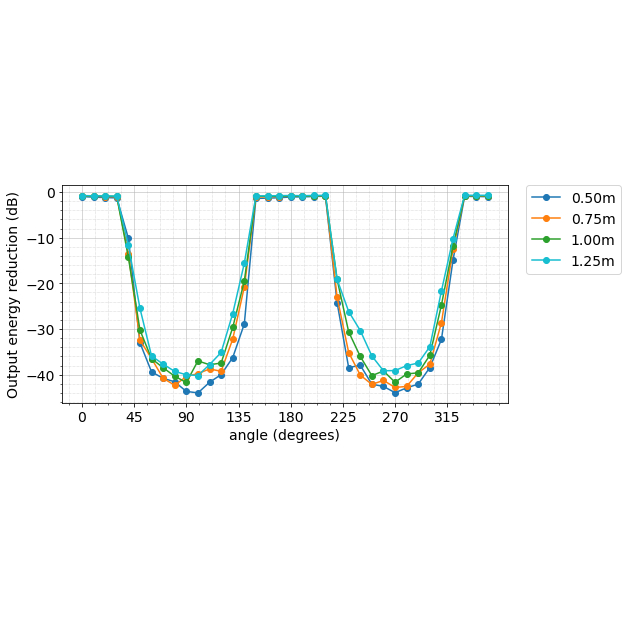
Tacotron 2: Generating Human-like Speech from Text
December 19, 2017
Posted by Jonathan Shen and Ruoming Pang, Software Engineers, on behalf of the Google Brain and Machine Perception Teams
Generating very natural sounding speech from text (text-to-speech, TTS) has been a research goal for decades. There has been great progress in TTS research over the last few years and many individual pieces of a complete TTS system have greatly improved. Incorporating ideas from past work such as Tacotron and WaveNet, we added more improvements to end up with our new system, Tacotron 2. Our approach does not use complex linguistic and acoustic features as input. Instead, we generate human-like speech from text using neural networks trained using only speech examples and corresponding text transcripts.
A full description of our new system can be found in our paper “Natural TTS Synthesis by Conditioning WaveNet on Mel Spectrogram Predictions.” In a nutshell it works like this: We use a sequence-to-sequence model optimized for TTS to map a sequence of letters to a sequence of features that encode the audio. These features, an 80-dimensional audio spectrogram with frames computed every 12.5 milliseconds, capture not only pronunciation of words, but also various subtleties of human speech, including volume, speed and intonation. Finally these features are converted to a 24 kHz waveform using a WaveNet-like architecture.
 |
| A detailed look at Tacotron 2's model architecture. The lower half of the image describes the sequence-to-sequence model that maps a sequence of letters to a spectrogram. For technical details, please refer to the paper. |
While our samples sound great, there are still some difficult problems to be tackled. For example, our system has difficulties pronouncing complex words (such as “decorum” and “merlot”), and in extreme cases it can even randomly generate strange noises. Also, our system cannot yet generate audio in realtime. Furthermore, we cannot yet control the generated speech, such as directing it to sound happy or sad. Each of these is an interesting research problem on its own.
Acknowledgements
Jonathan Shen, Ruoming Pang, Ron J. Weiss, Mike Schuster, Navdeep Jaitly, Zongheng Yang, Zhifeng Chen, Yu Zhang, Yuxuan Wang, RJ Skerry-Ryan, Rif A. Saurous, Yannis Agiomyrgiannakis, Yonghui Wu, Sound Understanding team, TTS Research team, and TensorFlow team.

